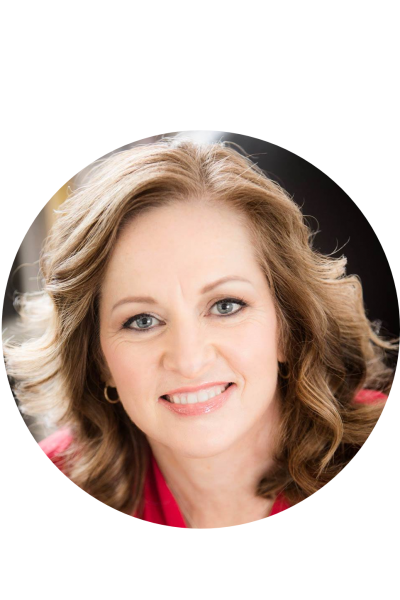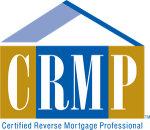 When converting from a traditional IRA to a Roth IRA, you will pay taxes on this amount that year. The amount you convert is now added to your gross income. This converted amount increases your income. You will pay taxes on your converted amount. This will usually add to what you will owe in taxes for that year. If you have decided that this is a good idea to do, then you need to figure out where the funds come from to pay this bill.
When converting from a traditional IRA to a Roth IRA, you will pay taxes on this amount that year. The amount you convert is now added to your gross income. This converted amount increases your income. You will pay taxes on your converted amount. This will usually add to what you will owe in taxes for that year. If you have decided that this is a good idea to do, then you need to figure out where the funds come from to pay this bill.
Funds you may convert need to be in the Roth IRA for at least 5 years. If not, you may be assessed additional taxes and/or penalties on this conversion. Always have a conversation with a Financial or Tax Professional to see if this is the best path for you.
The recent selloff in the stock market could help investors looking to do a Roth conversion. Here is an example:
A single taxpayer had a $1 million traditional IRA that was invested in a fund tied to the stock market. They converted the entire account to a Roth – at the height of the market. That tax year the person would have paid more than $334,000 in federal income tax to do this conversion. (This example assumes that there is no other income or other deductions for the same tax year.)
If you think your current tax rate is lower now than it will be in retirement, a conversion makes sense. This is because it would cost less in the long run, according to tax experts. Contrary to popular opinion, your retirement tax rate doesn’t always decrease. There are many factors that will govern what the tax rate will be when you file in the future.
According to some tax experts, rates are currently low by historical standards and are likely to increase in the future. The main thinking point behind this is due to the eventual need to raise federal revenue to reduce the U.S. budget deficit.
Some Financial Planners are now evaluating using a reverse mortgage to pay the Roth conversion tax bill. Reverse Mortgage proceeds are free from income taxes regardless of the use of the funds. When using a reverse mortgage instead of selling assets, you avoid reducing the portfolio to leverage future earnings.
It is a complicated question. Consider the help of knowledgeable financial professionals such as a Certified Reverse Mortgage Professional along with experienced financial and tax people. You are then in a good position to make an informed decision as to how you can best leverage your assets against tax strategies.








